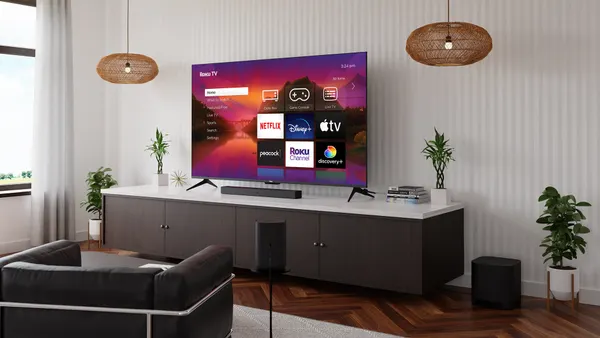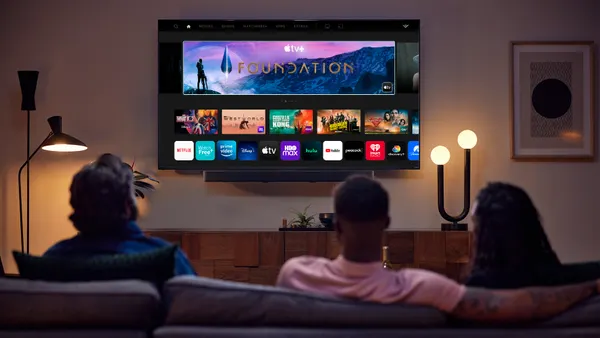Dive Brief:
- Research by Wharton marketing professor Ron Berman determined “last click” ad success attribution can lead to publishers serving ads purely to get that last touch.
- He says this leads to competition between publishers to compete for the last click and defraud advertisers.
- Berman says paying for exposures is more profitable for advertisers than paying for sales.
Dive Insight:
Are advertisers compensating publishers based on the wrong metric? Wharton's Ron Berman thinks so, and after conducting research determined that the last touch or last click method of compensation leads to publishers serving ads to essentially already converted prospects in order to get the commission. He said this competition leads to a race where publishers “try to cheat the advertiser out of money.” Berman offers a better compensation metric is exposures in order to reward effort over performance.
“My key takeaway is that paying for exposures is more efficient and more profitable for the advertisers than paying a commission on sales," Berman said of his findings. "Most people think [that] if you compensate a salesperson, you should pay a commission only when they make sales, and not when they show up for work. But if you compensate a publisher, say Facebook, you can pay Facebook for just showing the ads, or [for] generating sales. If you have more than one publisher — say, Facebook and Google are competing — that [will] be free riding by one of them on the other. Because of the Last Click method, they are going to compete [with each other], and one of them [will] claim they are very efficient, although maybe they just showed the last ad.”











